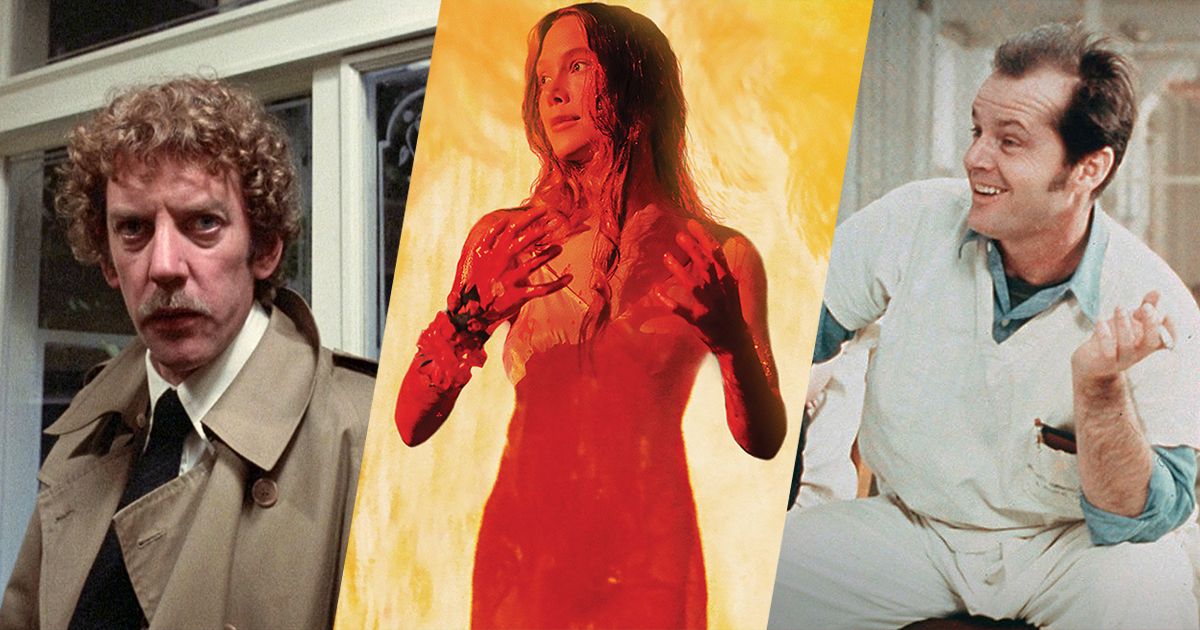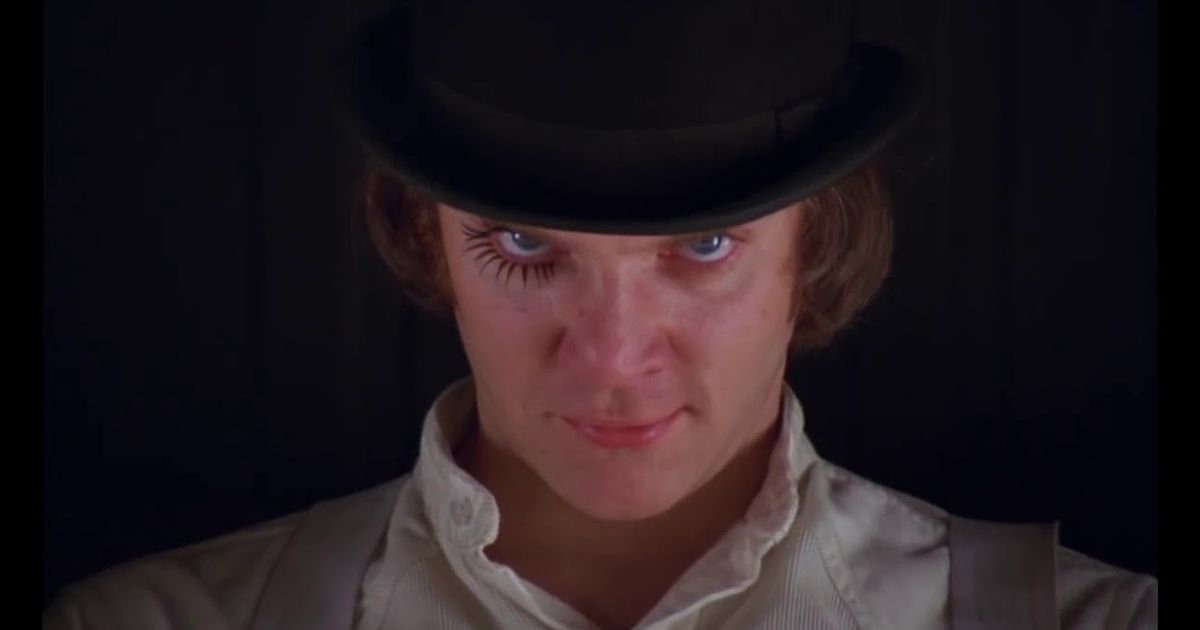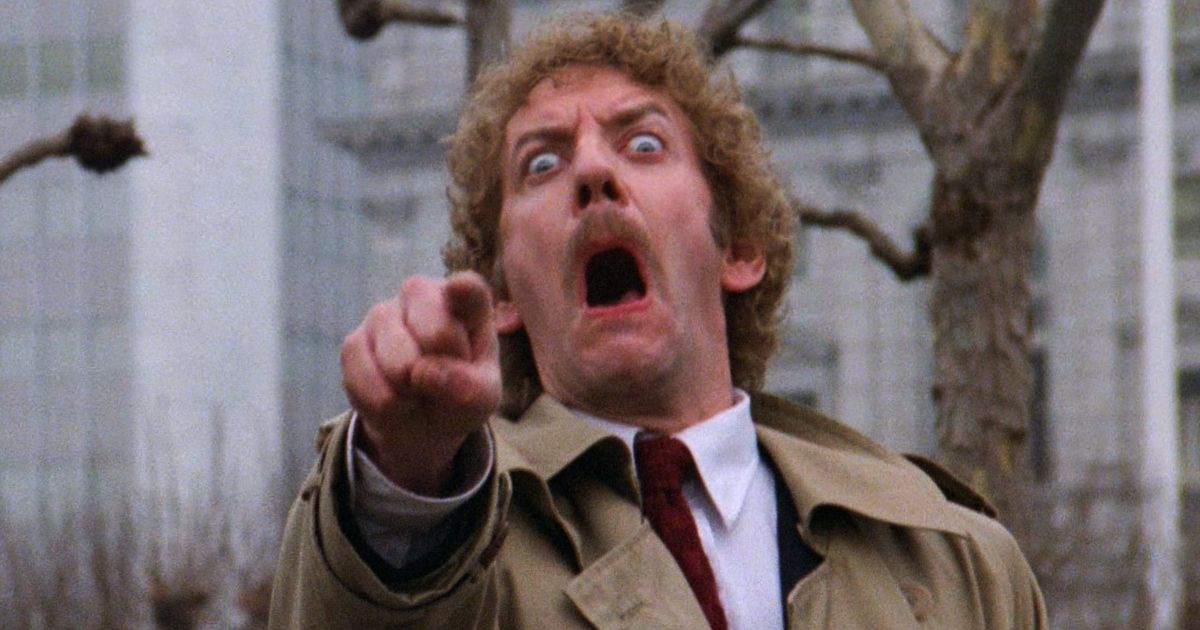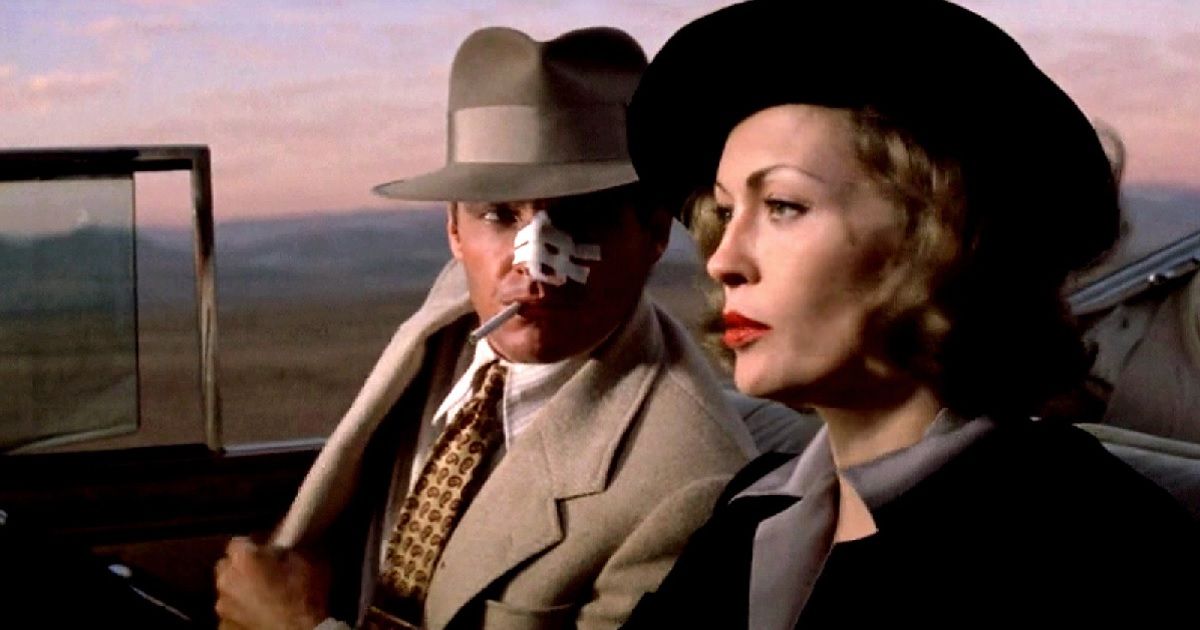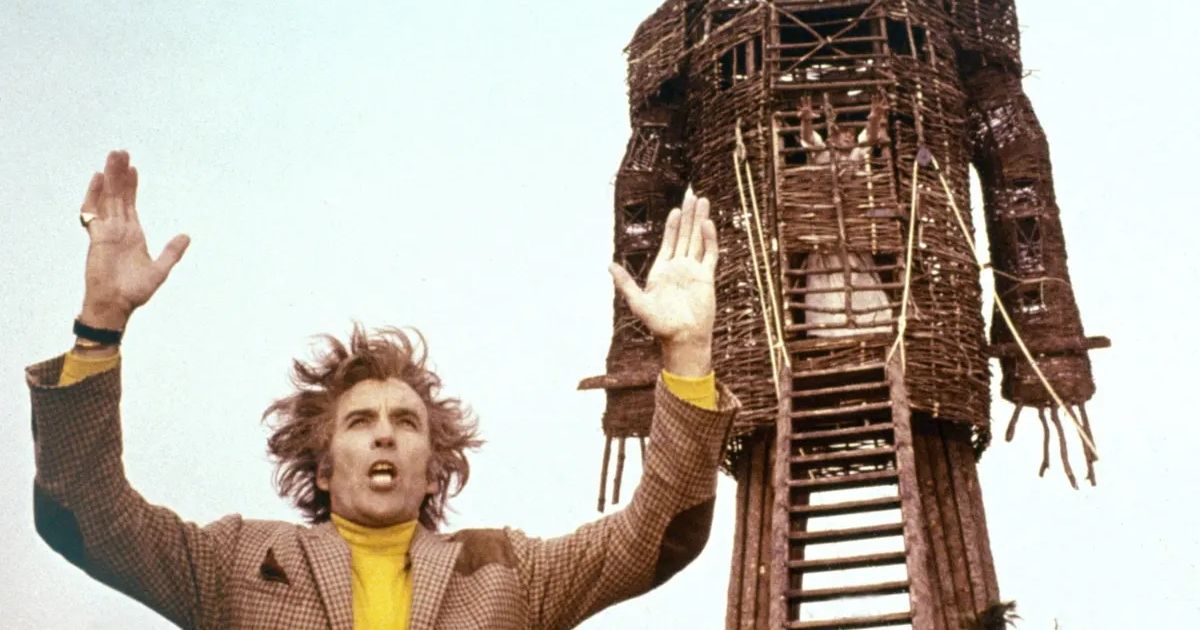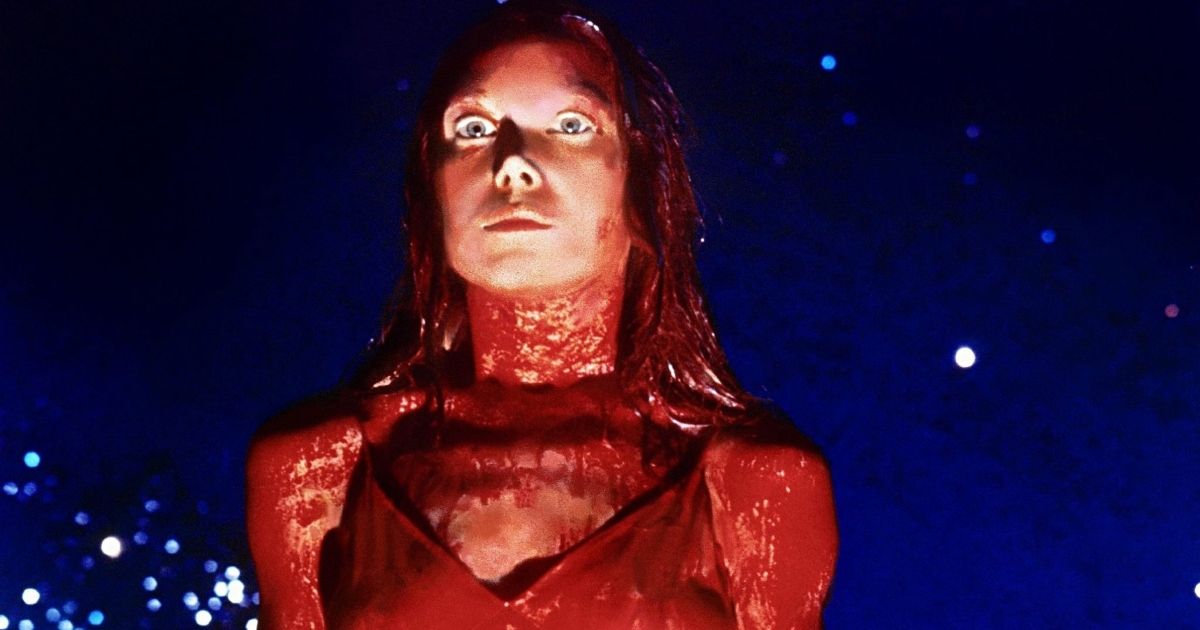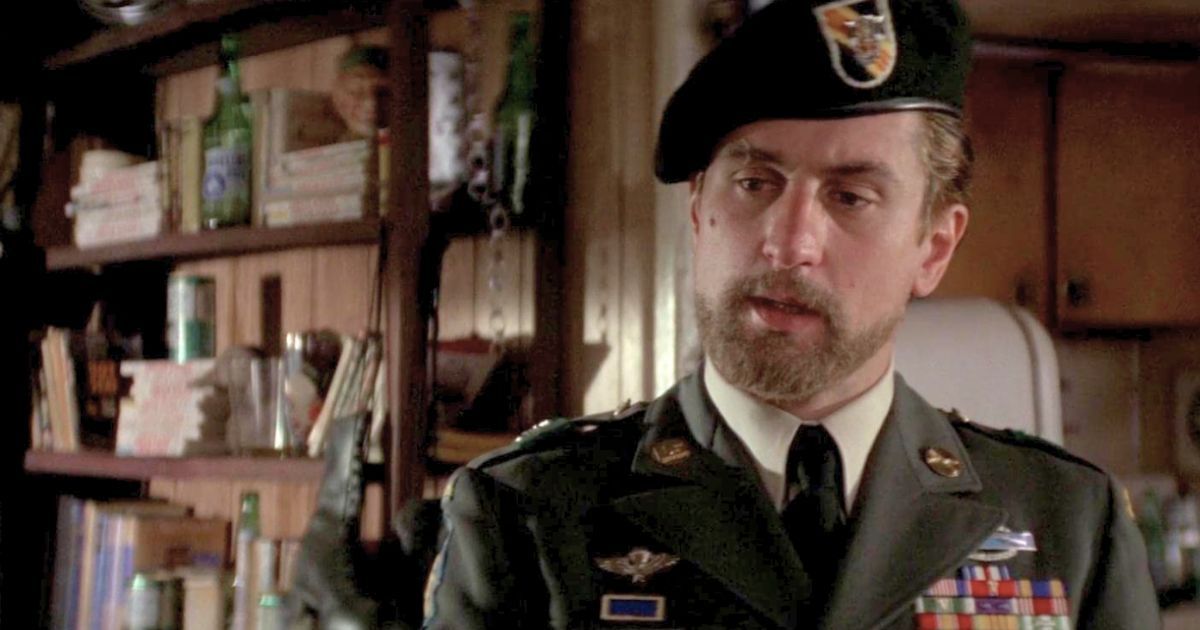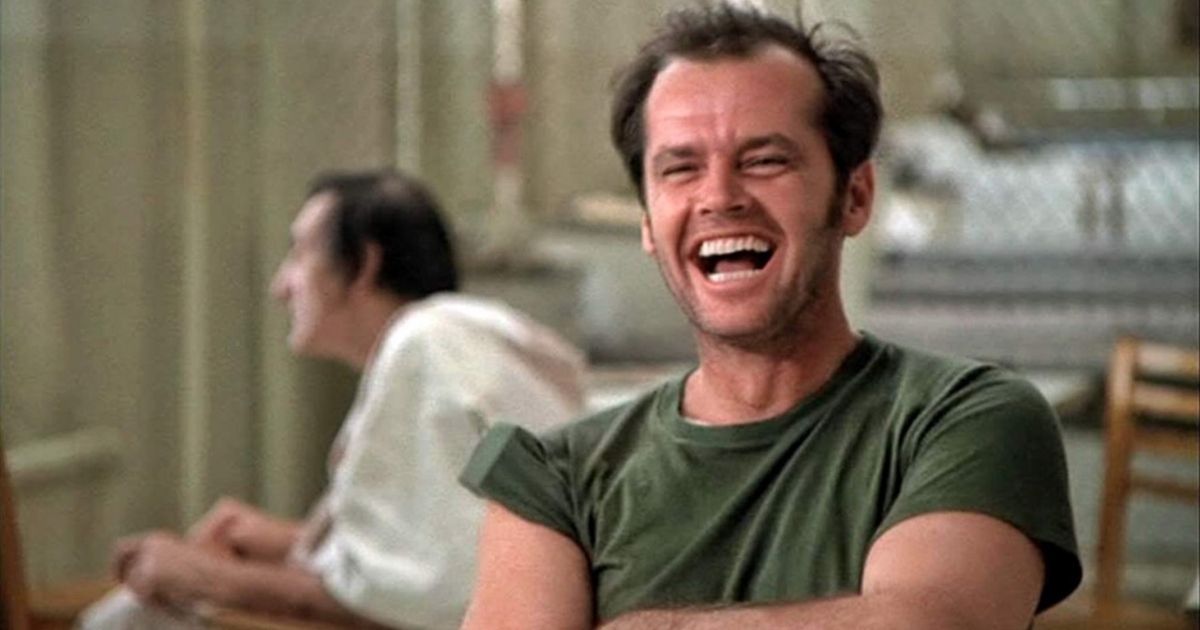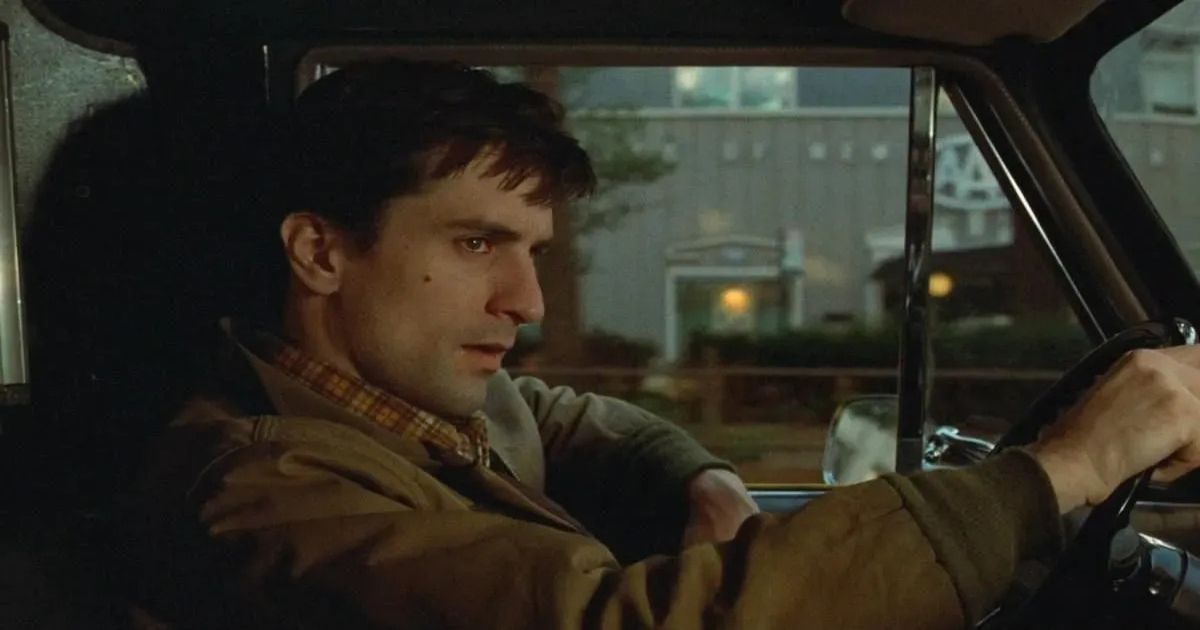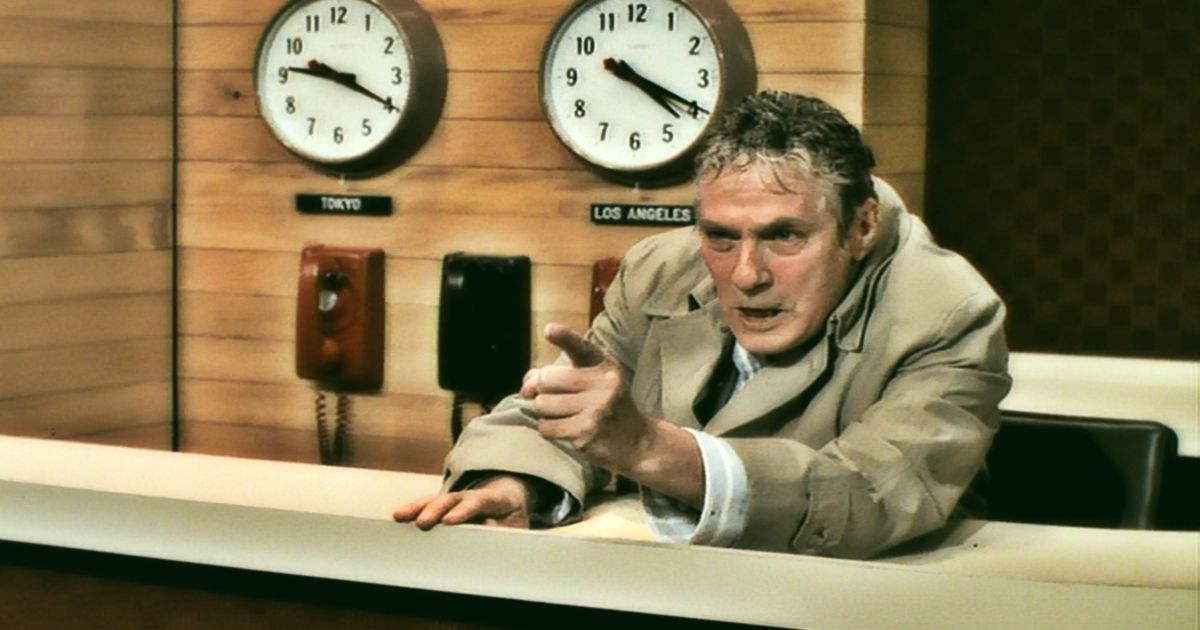As much as some of us would like, not every movie can end with good triumphing over evil, or conclude with a peaceful resolution. This is important not only for variety in stories, but also to reflect real life, as sometimes our own personal stories do not have a happy ending.
In the 1970s, cinema began to shift to darker-toned films, ramping up both spectacle and the drama. From patients at a mental institution, to telepathic rampages, these are 10 movies from the ’70s that will send you home from the theater with a dark feeling in your body.
Beneath the Planet of the Apes (1970)
If you are not a fan of the Planet of the Apes series, you may not have known that the franchise carried on after we left Charlton Heston on that beach with the Statue of Liberty (spoiler alert). Beneath the Planet of the Apes focuses on an astronaut named Brent who arrives on the planet looking for Heston’s stranded character of Taylor.
The film’s climax sees both Brent and Taylor held captive by a group of telepathic mutants worshiping a nuclear bomb beneath the post-apocalyptic streets of New York City. After a struggle, Taylor detonates the bomb and destroys the planet. A literal example where everyone dies in the end.
A Clockwork Orange (1971)
In Stanley Kubrick’s controversial film, A Clockwork Orange, we find a young man named Alex who is the leader of a street gang in a futuristic Britain. Alex and his gang of “droogs” engage in a night full of debaucheries following intoxication on drugs that ends with violence and sexual assault. Following his arrest, Alex becomes the subject of aversion therapy at the hands of the English government; therapy designed to reform criminals.
After extended therapy and a failed suicide attempt, Alex awakens in a hospital and is apologized to by the government for the extreme measures taken during his therapy. Believing that Alex is truly reformed, the film ends with graphic thoughts of further violence and lewd sexual behavior. Showing that Alex is indeed not cured, but primed for future crimes.
Invasion of the Body Snatchers (1978)
Invasion of the Body Snatchers sees a small town in California overrun by parasitic aliens who have the power to replicate any human. The main plot follows Matthew and Elizabeth as they attempt to alert the government to this ongoing invasion. In a climactic twist, we learn that Elizabeth is a replicant alien herself, as she disintegrates in Matthew’s arms shortly after declaring her love for him. With the invasion now in full effect, Matthew returns to his job and reunites with a colleague, Nancy.
It is at this moment that we realize that Matthew himself is a duplicate. We lose both main characters to the aliens, and the film concludes with the audience knowing that the invasion now cannot be stopped.
Chinatown (1974)
Chinatown is considered one of the finest pieces of cinema ever produced. This Roman Polanski-directed drama is inspired by the real-life California Water Wars and stars Jack Nicholson in one of the best roles in his iconic career. Nicholson’s character of Jake Gittes finds himself wrapped up in a sinister plot by Noah Cross to manipulate the water supply for profit in and around the Los Angeles area. The climax sees Gittes trying to protect a woman named Evelyn and her daughter from Cross, who we learn earlier in the film is Evelyn’s father.
As Gittes attempts to take the two away from Cross, Evelyn is fatally shot, and Gittes is left behind with her body. Cross takes away his granddaughter as the film ends. It doesn’t happen often in films, but there are times when the bad guys win. Chinatown is a prime example of this dark and grim ending.
The Wicker Man (1973)
The Wicker Man puts the audience smack dab in the middle of a missing persons investigation by Sergeant Neil Howie on a remote Scottish island. Throughout his investigation, we learn of the May Queen, where a young woman is featured during the annual harvest of a pagan community living on the island. In the final act of the film, we learn that the missing girl report was nothing more than part of the island people’s to lure him to the island in order to sacrifice him. The film concludes with Howie being tied up in a wooden effigy and burned alive. Dark indeed.
Carrie (1976)
Carrie is a Brian De Palma-directed film based on the classic Stephen King novel of the same name. Carrie is a 16-year-old girl who comes from a home with a religious, fanatical mother and finds herself the victim of constant bullying at school. After being severely bullied during an episode in which Carrier gets her first period in a very publicly humiliating fashion, she begins to learn she has the power of telekinesis, a power that helps Carrie break out of her reclusive shell.
The film’s third act sees Carrie bear even more humiliation as she is dosed with pig’s blood at her school’s prom. This unleashes a murderous fury from Carrie that results in the deaths of several of her classmates and ultimately her mother and herself.
The Deer Hunter (1978)
The 1970s featured several high-profile movies that focused on the impact of the Vietnam War, both during and after the conflict. The Deer Hunter explores the post-war lives of three Russian American soldiers, particularly that of Staff Sergeant Michael Vronsky played by Robert De Niro. With half of the film taking place during the war and half taking place after Vronsky has returned home. Vronsky learns one of his fellow soldiers, Nick, is still in Vietnam and sending home payments to their friend Steven. These payments come from the winnings of a Russian roulette racket in a Vietnamese gambling den.
Mike returns to Vietnam to find Nick and finds himself forced into the deadly game by Nick, no longer believing he has a place back in the United States. The game sees Nick kill himself in dramatic fashion. The film ends on a dark note, reflecting the toll that the Vietnam War took on soldiers, an impact that will be forever felt.
One Flew Over the Cuckoo’s Nest (1975)
Throughout One Flew Over the Cuckoo’s Nest, Jack Nicholson’s character of Randle Patrick McMurphy, becomes a source of lightheartedness and hope to the patients at a mental institution in Oregon. This leads him into a direct conflict with Nurse Ratched, the tyrant-esque leader of the ward in which the patients reside.
This eventually leads to McMurphy being subjected to a lobotomy, forever silencing him. Wishing to free McMurphy from this comatose life, fellow patient and friend “Chief” Bromden smothers him with a pillow before escaping. The film is a blunt telling of the way mental illness was handled throughout the ’60s and its dramatic ending encapsulates this point.
Taxi Driver (1976)
Taxi Driver shines a light on both mental illness and the extreme violence seen in modern society. It is also another Robert De Niro film that examines the post-Vietnam War effect on soldiers returning home. The finale of the movie sees De Niro’s character of Travis Bickle going on a violence-filled mission in order to save a young sex worker. Despite being hailed as a hero for his acts, the film concludes with uncertainty surrounding Bickle’s mental well-being, as well as unresolved issues that may linger for the rest of his life.
Network (1976)
As with many films on this list, the issues explored in them are just as relevant today as they were in the 1970s. Perhaps no better example of this is the Sidney Lumet-directed, Network. It focuses on the narrativizing of the news under the fictional anchor Howard Beale and the impact that has on the real world. As Beale’s true beliefs begin to come out and his opinions shift while ratings drop, he is assassinated live on air by the terrorists hired by the network as the film ends.
We see echoes of this in today’s cable news network, particularly on the far-right, as Beale becomes the face of populist messaging and victimization while the real life news is measured by entertainment value rather than accuracy.
This story originally appeared on Movieweb

